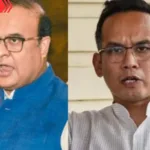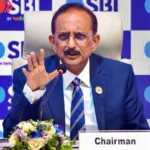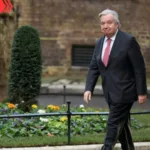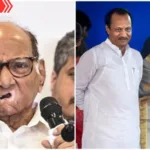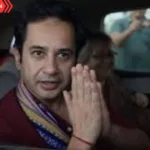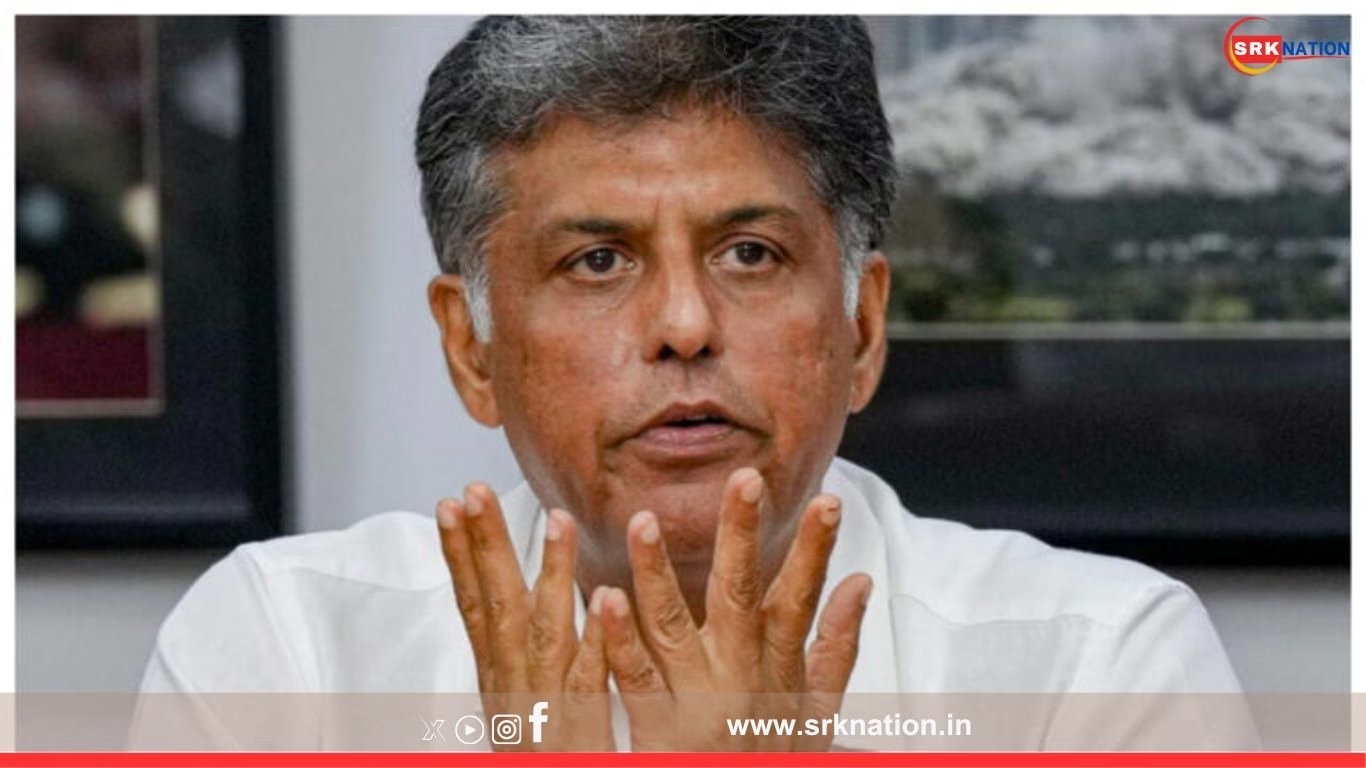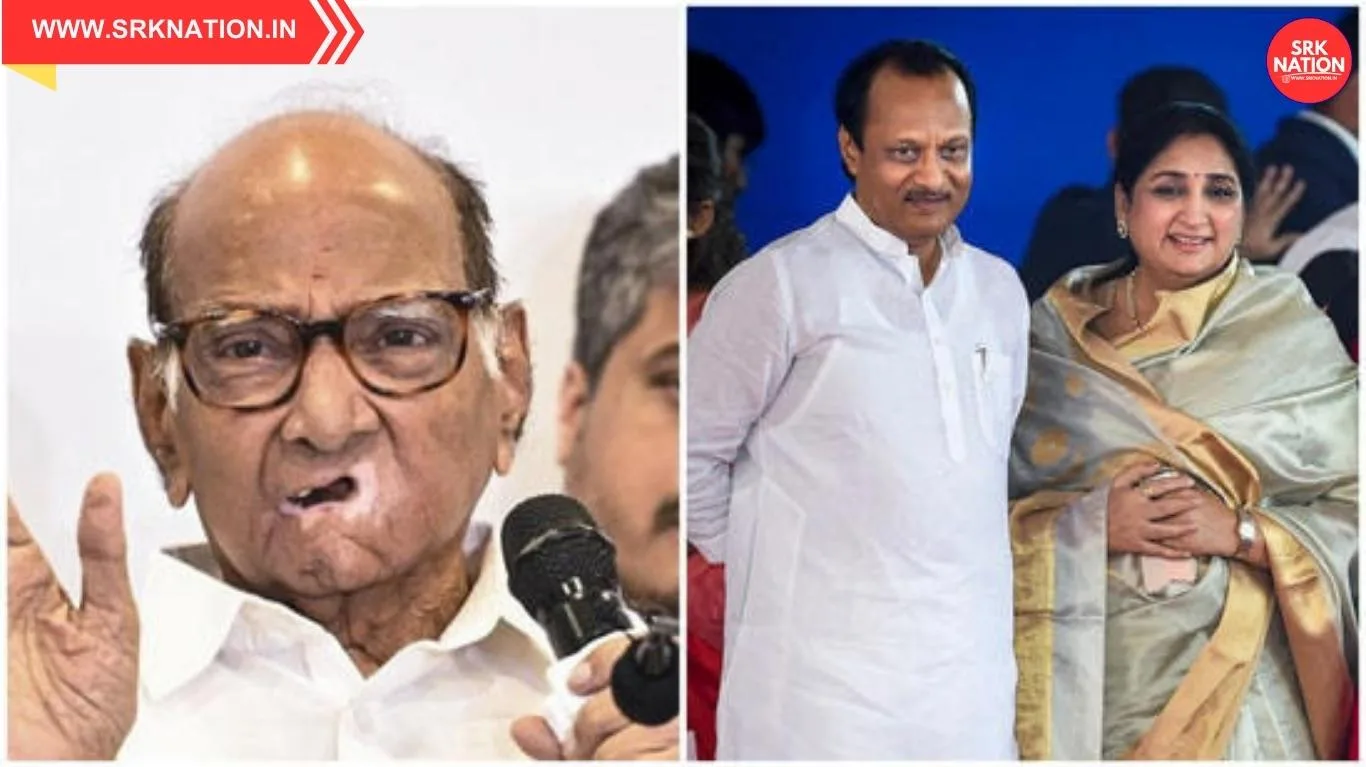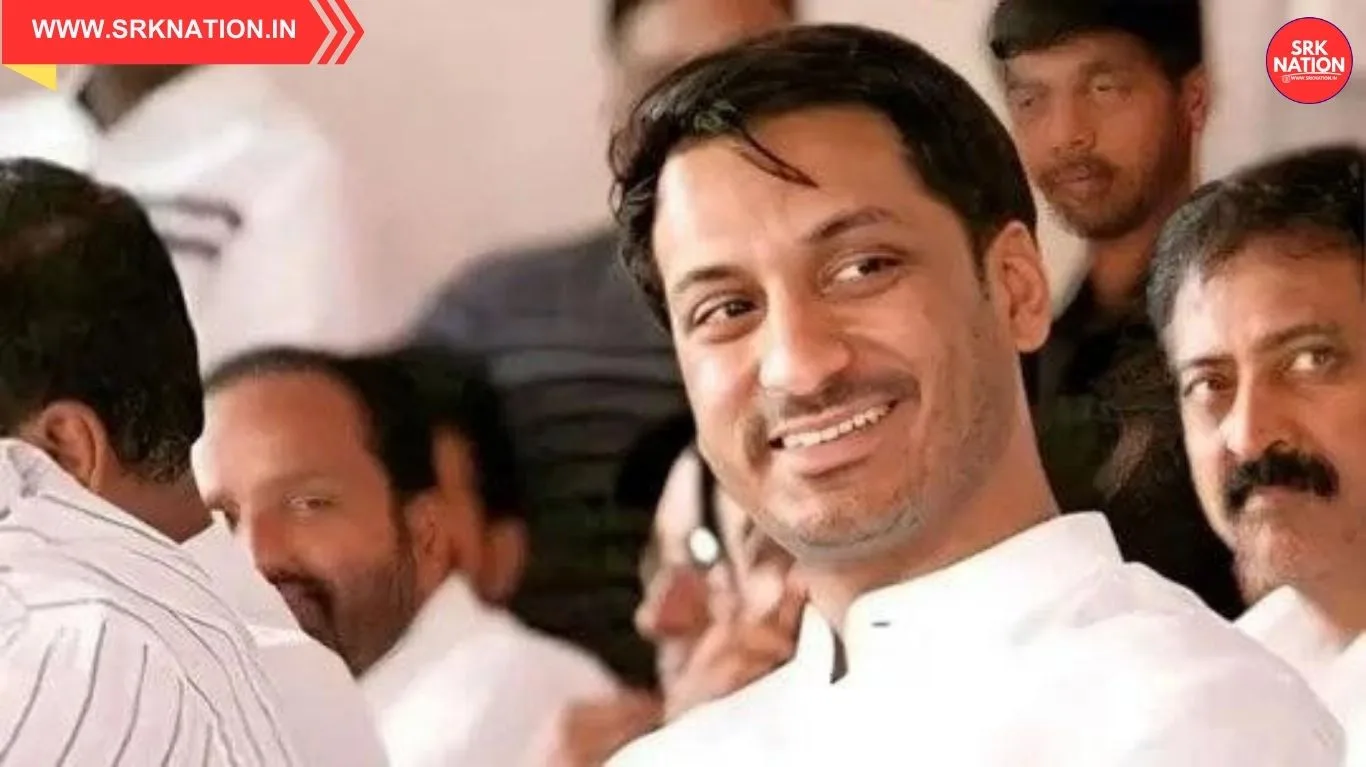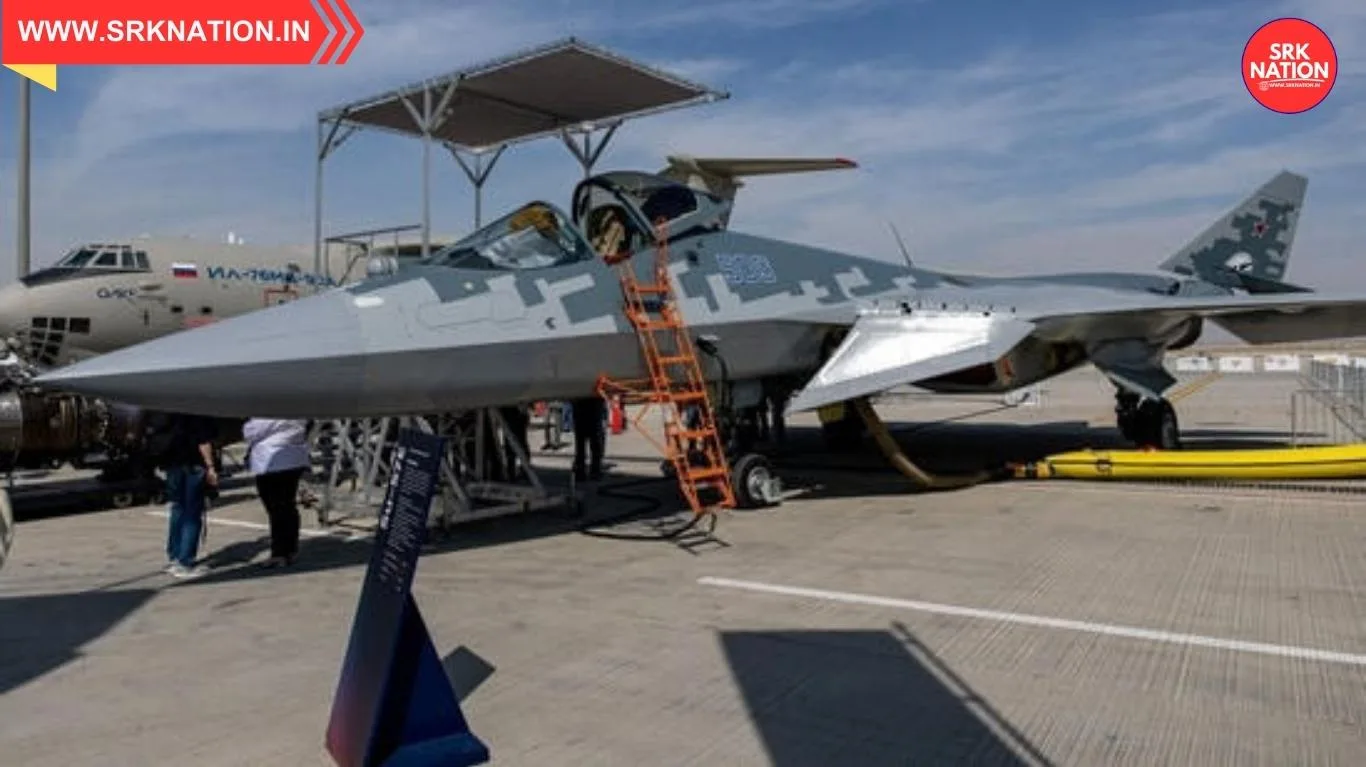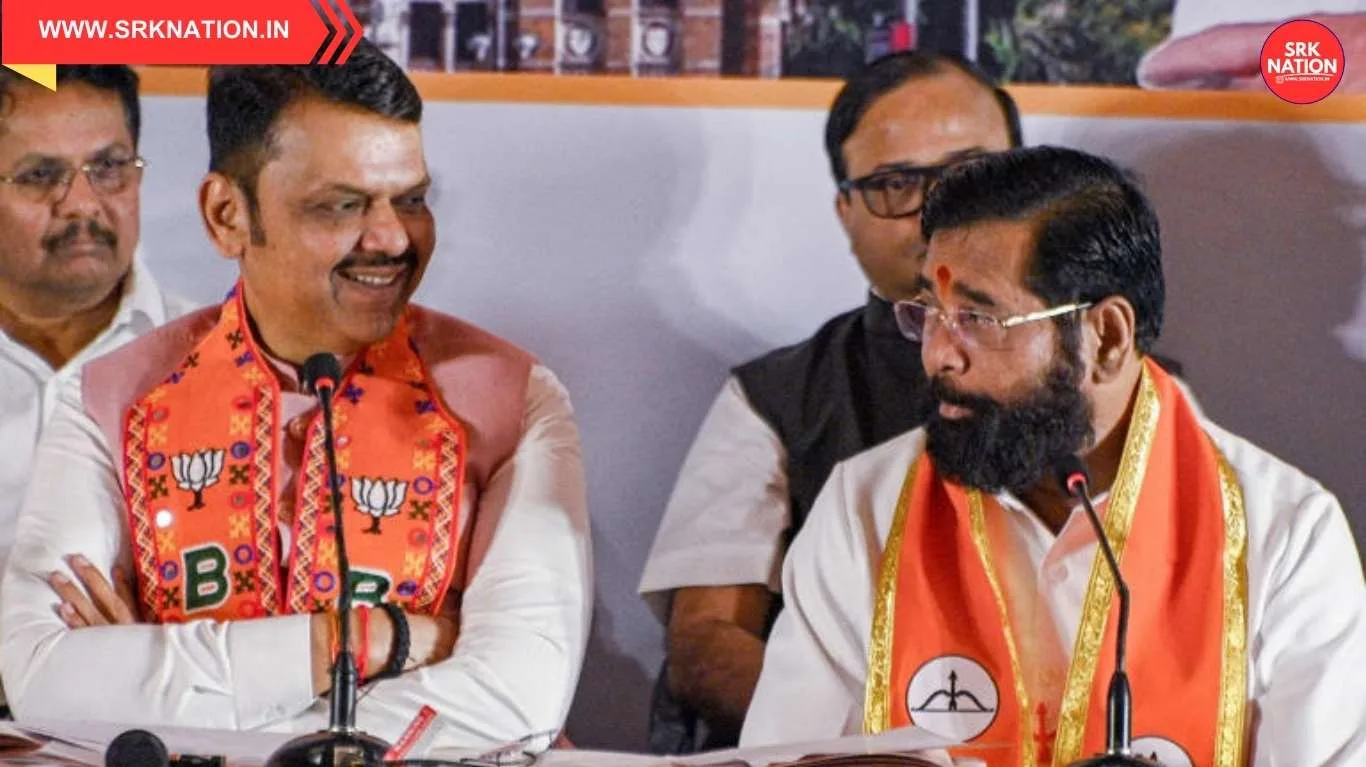Congress MP and former Union Minister Manish Tewari has come out in support of senior party leader P. Chidambaram’s recent remarks on the 26/11 Mumbai terror attacks, asserting that the former Home Minister’s account of international diplomatic pressure influencing India’s response “cannot be disregarded.” Tewari’s statement comes amid a political storm triggered by Chidambaram’s interview, in which he revealed that the UPA government chose not to retaliate militarily against Pakistan after the attacks due to global appeals for restraint.
Speaking to The Indian Express, Tewari said, “The official position of the Congress after two-and-a-half days of the attacks was that we must respond kinetically. It was articulated by me from the AICC podium. Subsequently, there was a CWC meeting on November 30, where then Union Home Minister Shivraj Patil was asked to go and Chidambaram was asked to take over. In their books, Shivshankar Menon and MK Narayanan have written as to why they chose to forsake coercive action.”
Congress vs BJP – Political Reactions to Chidambaram’s 26/11 Remarks
| Political Leader | Party Affiliation | Statement Summary | Position on Retaliation |
|---|---|---|---|
| P. Chidambaram | Congress | Revealed international pressure post-26/11 | Favoured diplomacy over military action |
| Manish Tewari | Congress | Defended Chidambaram’s account | Called it a “considered call” |
| Rajnath Singh | BJP | Criticised UPA’s inaction | Praised Modi govt’s “decisive” approach |
| Ravi Shankar Prasad | BJP | Accused Congress of weakness | Called Chidambaram’s remarks “shameful” |
| Raashid Alvi | Congress (ex-MP) | Criticised Chidambaram | Said it weakens Congress’s current stance |
Chidambaram, who took charge as Home Minister just days after the 26/11 attacks, stated in an interview with ABP News that the idea of retaliation had crossed his mind. However, he said the final decision was influenced by the Ministry of External Affairs and the Indian Foreign Service, which advised against military action.
“The whole world descended upon Delhi to tell us ‘don’t start a war’. For example, Condoleezza Rice, who was then US Secretary of State, flew in two or three days after I took over, to meet me and the Prime Minister and to say, ‘please don’t react’,” Chidambaram said.
Timeline of Events – India’s Response to 26/11 Mumbai Attacks
| Date | Event Description | Key Decision Makers |
|---|---|---|
| Nov 26, 2008 | Terror attacks in Mumbai begin | PM Manmohan Singh, NSA MK Narayanan |
| Nov 28, 2008 | Terrorists neutralised | NSG, Mumbai Police |
| Nov 29, 2008 | Chidambaram appointed Home Minister | Shivraj Patil resigns |
| Nov 30, 2008 | CWC meeting held | Congress leadership debates response |
| Dec 2008–Jan 2009 | Diplomatic outreach to global powers | MEA, PMO, NSA |
Tewari, who served as a spokesperson for the Congress during the 2008 crisis, emphasized that the decision to avoid military retaliation was not taken lightly. “After reading all these accounts, it was a considered call taken by the then government. Chidambaram as the then Home Minister was a player, and what he says obviously cannot be disregarded,” he said.
The BJP, however, has seized on Chidambaram’s remarks to contrast the UPA’s approach with the Modi government’s response to cross-border terrorism, including the surgical strikes in 2016 and the Balakot airstrikes in 2019.
India’s Counter-Terror Strategy – UPA vs NDA Comparison
| Government Period | Major Terror Response | Nature of Action | International Reaction |
|---|---|---|---|
| UPA (2004–2014) | 26/11 Mumbai attacks | Diplomatic pressure, no military action | Global support for restraint |
| NDA (2014–present) | Uri attack (2016), Pulwama (2019) | Surgical strikes, airstrikes | Mixed reactions, some global caution |
Chidambaram later clarified that he was misquoted by several media outlets. “In no part of the interview did I say that ‘US stopped us from retaliating after the 26/11 attack’. Yet, channel after channel and the media and the Twitterati are merrily attributing words to me. These are the perils of talking to the media,” he posted on X.
Despite internal criticism from some Congress voices like Raashid Alvi, Tewari’s support for Chidambaram underscores the party’s attempt to present a unified front while defending its historical decisions. The debate also raises questions about the role of diplomacy in counter-terror strategy and the balance between restraint and retribution.
Public Sentiment – Social Media Buzz on Chidambaram’s 26/11 Remarks
| Platform | Engagement Level | Sentiment (%) | Top Hashtags |
|---|---|---|---|
| Twitter/X | 1.4M mentions | 76% polarized | #Chidambaram26_11 #ManishTewari |
| 1.2M interactions | 78% reflective | #CongressResponse #UPAvsNDA | |
| 950K views | 85% strategic | #DiplomacyVsRetaliation #IndiaSecurity | |
| YouTube | 890K views | 82% analytical | #ChidambaramExplained #26_11Debate |
Security analysts have weighed in, noting that India’s decision to avoid military retaliation in 2008 was shaped by complex geopolitical factors. “The UPA government faced immense international pressure. The risk of escalation was real. It’s easy to judge in hindsight, but the decision was strategic,” said Lt Gen (Retd) Rakesh Sharma.
In conclusion, Manish Tewari’s defense of P. Chidambaram’s remarks on India’s post-26/11 response reflects the Congress’s effort to contextualize its decisions amid BJP criticism. As the debate continues, it highlights the enduring tension between diplomacy and deterrence in India’s counter-terror policy.
Disclaimer: This article is based on publicly available political statements, verified media interviews, and official commentary. It does not constitute endorsement or prediction of any political outcome. All quotes are attributed to public figures and institutions as per coverage. Readers are advised to follow official government and party updates for verified information.

